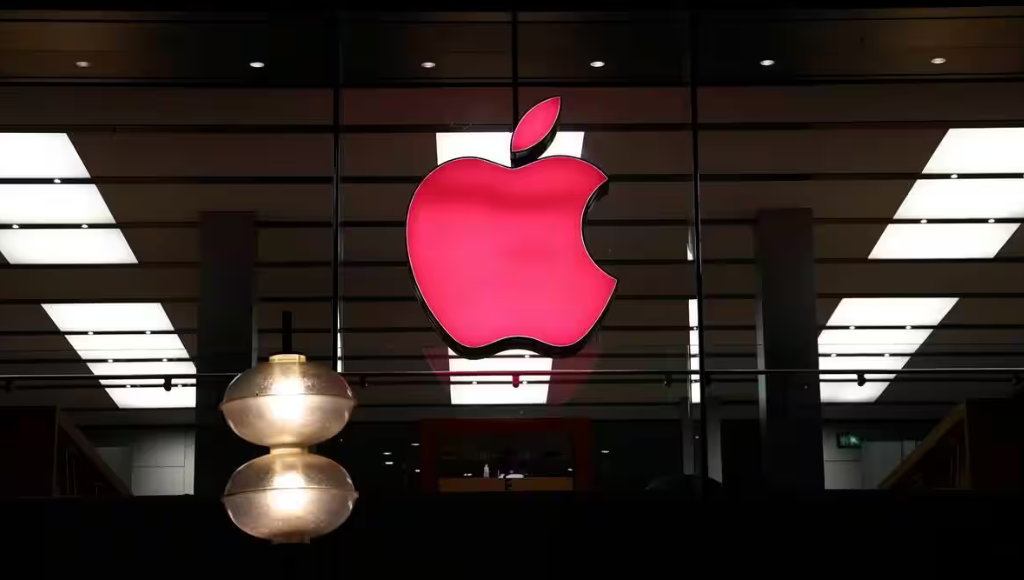The furore around ChatGPT and other innovations in generative AI — be it Google’s Bard or other new AI image tools — can be equally exciting for some and overwhelming for many others, particularly in the field of freelancing. Freelancers, who operate independently and offer their services to various clients, have found AI technologies to be a game-changer in their field. From content creation to customer support, AI-powered tools like ChatGPT have provided freelancers with the ability to automate and streamline their work processes, allowing them to focus on delivering high-quality work to their clients.
The impact of generative AI technologies like ChatGPT on the freelance economy cannot be overstated. One of the most significant benefits is the increased efficiency and productivity of freelancers. ChatGPT, for example, can generate high-quality content within minutes, which would otherwise take hours for a human writer to complete. This enables freelancers to take on more work, deliver results faster, and ultimately earn more income.
Another significant benefit of generative AI technologies like ChatGPT is that they provide freelancers with the ability to offer more diverse services to their clients. For example, a freelance writer who previously only offered content creation services can now offer additional services like social media management, chatbot creation, and customer support through the use of generative AI technologies. This increased service offering enables freelancers to diversify their income streams and become more competitive in their market.
The impact of generative AI like ChatGPT technologies on the freelance economy is not limited to increased efficiency and productivity or expanded service offerings. AI-powered tools like ChatGPT have also provided freelancers with the ability to offer more personalized services to their clients. Chatbots, for example, can be programmed to provide personalized responses to customer inquiries, which can lead to increased customer satisfaction and loyalty. This, in turn, can lead to repeat business for freelancers.
Another benefit of generative AI technologies like ChatGPT is that they have enabled freelancers to work remotely and communicate more effectively with clients from all over the world. AI-powered translation tools, for example, have made it easier for freelancers to communicate with clients who speak different languages. This has opened up new opportunities for freelancers to work with clients from all over the world, without the need for expensive travel or language learning.
Despite the many benefits of generative AI technologies like ChatGPT, there are also some potential downsides to consider. One concern is that the widespread adoption of AI-powered tools could lead to job displacement. As AI-powered tools become more sophisticated, they may be able to replace human workers in certain tasks, such as content creation or customer support. This could lead to a reduction in demand for certain types of freelancers, particularly those who offer services that can be automated.
Another concern is that the increasing use of AI-powered tools could lead to a homogenization of services. As more and more freelancers adopt AI-powered tools like ChatGPT, it could lead to a standardization of services, with clients choosing freelancers based on the quality of their AI tools rather than their unique skills and expertise. This could lead to a commoditization of freelancing, with freelancers competing solely on price rather than on their unique value propositions.
Despite these potential downsides, the overall impact of generative AI technologies like ChatGPT on the freelance economy is overwhelmingly positive. These tools have enabled freelancers to work more efficiently, offer more diverse services, and provide more personalized experiences to their clients. As AI-powered tools continue to evolve and become more sophisticated, it is likely that they will play an increasingly important role in the freelance economy. Freelancers who are able to embrace these technologies and incorporate them into their work processes are likely to be the most successful in the years to come.






